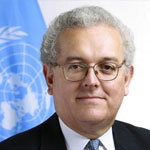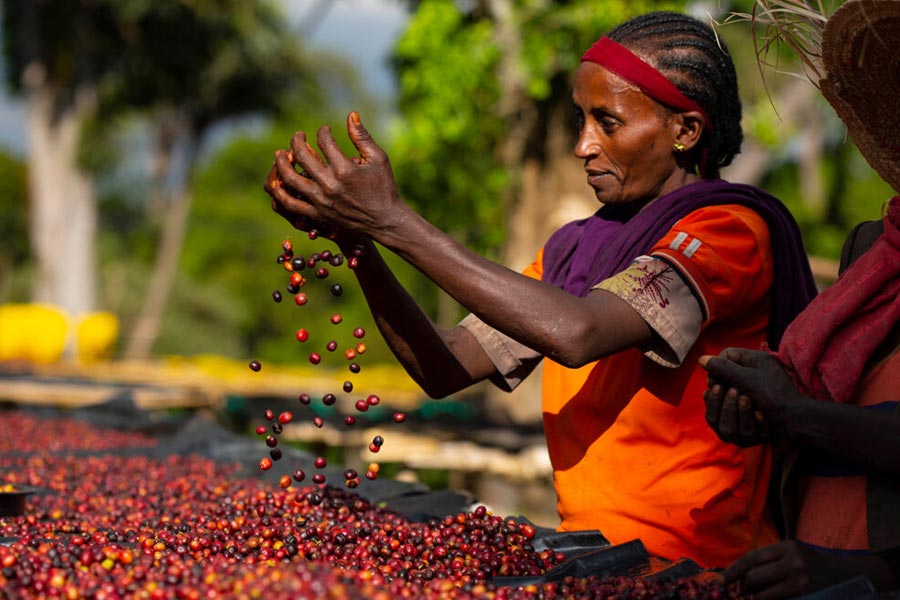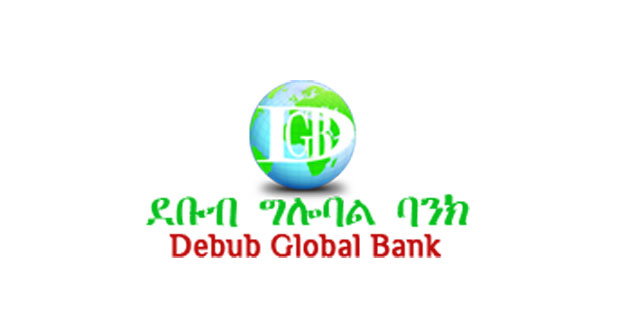
Dec 9 , 2023
By José Antonio Ocamp
The global agenda is packed with critical issues, from the struggle to meet Sustainable Development Goals (SDGs) to the fight against climate change. The recent UN and G20 summits have highlighted a concerning truth that the world is moving too slowly on crucial fronts like ending poverty and ensuring food security, observed Jose Antonio Ocampo, a professor at Columbia University, in this commentary provided by Project Syndicate (PS).
The global economic agenda has been packed in 2023. In July, the United Nations High-Level Political Forum was dedicated to monitoring progress toward the Sustainable Development Goals (SDGs). The second SDG Summit was held in September, as was the G20 Summit in New Delhi, followed in October by the annual meetings of the World Bank and the International Monetary Fund (IMF) in Marrakesh. In November, the UN adopted an important decision on international tax cooperation.
Leaders are meeting in Dubai for the annual UN Climate Change Conference (COP28).
One obvious lesson from the meetings is that the world is taking far too long to achieve the SDGs – especially ending poverty and ensuring food security – and to make meaningful progress in the fight against climate change. Another is that the global economy is confronting policymakers with multiple risks: in 2022, a surge in inflation led to rapid interest-rate hikes in many countries, which, together with soaring public debt, limited governments' ability to use expansionary fiscal policy to counter slowing growth. Although inflation is coming down, high-interest rates and slower growth persist.
Among the measures that have been proposed at and around this year's meetings, three stand out.
International development financing must be expanded significantly; developing countries need more support to enable them to contribute to the provision of global goods, particularly the fight against global pandemics and climate change, and manage the effects of international economic disruptions. And, some form of relief must be provided to countries at high risk of debt stress – a group that includes at least one-third of developing economies.
Few decisions have been made about achieving these objectives, but a consensus appears to be emerging around a few ideas. In particular, multilateral development banks (MDBs) need to move beyond their traditional role of backing developing-country investment projects in social development and infrastructure to advance global public goods. The latter requires concessional financing, including for middle-income countries and private-sector investments supported by these institutions.
Highly indebted countries need access to newly designed credit lines and, possibly, the suspension of debt service and even reduction of their liabilities in times of crisis. Along with the MDBs, the IMF should contribute through special financing mechanisms like the Resilience & Sustainability Trust and the Poverty Reduction & Growth Trust, which were created to finance developing countries with developed countries' unused special drawing rights (the Fund's reserve asset). Similar funds can be established to channel unused SDRs to countries through the MDBs.
Some of the most interesting proposals relate to World Bank reform. A vital component of the Institution's evolution roadmap is enhancing its financial capacity using existing capital, possibly supplemented with resources from private institutions, and making more active use of credit guarantees.
But there are two problems with these proposals.
They require significant resources. If international institutions are to increase support for developing and middle-income countries in crisis and contribute to global public goods, someone will have to pay. But high-income countries are falling short of the official development assistance goals set by the UN a half-century ago and have often failed to contribute as much as expected to special funds. Convincing them to finance these new initiatives will be difficult, to say the least.
Increasing the MDBs' capitalisation will be possible only with the support of important stakeholders, such as the United States. There is already plenty of controversy over the capital, or "quotas", at the World Bank and the IMF. Calls to increase the quotas – and thus the influence – of emerging economies, especially China, have been met with considerable resistance in rich countries. There is now a proposal to increase IMF quotas by 50pc, while also giving the Executive Board until 2025 to develop further approaches to quota reform. There is no agreement yet on capitalising the World Bank.
When it comes to debt, virtually nothing has been decided. All that was determined at the IMF/World Bank annual meetings was that more discussion was needed. The Leaders' Declaration that emerged from the New Delhi summit offered little more than an affirmation that the G20 stands by the commitments made in the Common Framework for Debt Treatment Beyond the DSSI.
The question of whether to give some vulnerable middle-income countries access to the Common Framework – which was created in 2020 to help low-income countries with unsustainable debts cope with the COVID-19 pandemic – was left unanswered. The mechanism has proved ineffective, owing to delays in negotiations with creditors and fears by debtors that their credit ratings will suffer.
As for international tax cooperation, the agreements reached in 2021 in the OECD Inclusive Framework still await implementation. Given the framework's perceived weak benefits for developing countries, the UN's Africa Group tabled a resolution to create an intergovernmental committee to draft the Terms of References for a UN Framework Convention on Tax Cooperation. The resolution was approved in November by a large margin, but the division between developing and developed countries – the latter voted against it, except for Norway, which abstained – will set the context for further developments in 2024, when negotiations between the two groups of countries will be essential.
Tackling the challenges the world faces, from debt to climate change to adequate tax revenues, would be difficult in the best of times. But the global economic outlook is far from rosy. The IMF predicts that global growth will be low in 2023 (three percent) and 2024 (2.9pc) – compared to 3.7pc per year in the decade before the pandemic – with both developed and developing countries struggling. While inflation seems to be easing, the IMF recommends that central banks take a cautious approach to interest rates, lowering them only when inflation is fully under control. This does not bode well for growth.
PUBLISHED ON
Dec 09,2023 [ VOL
24 , NO
1232]


Fortune News | Feb 17,2024

Commentaries | Mar 01,2024

Sponsored Contents | Aug 22,2022

Viewpoints | Sep 30,2023

Fortune News | Mar 21,2020

My Opinion | Jun 29,2024

Fortune News | May 18,2024

Viewpoints | Oct 12,2024

Commentaries | Aug 12,2023

Commentaries | Jun 07,2025

My Opinion | 131451 Views | Aug 14,2021

My Opinion | 127803 Views | Aug 21,2021

My Opinion | 125784 Views | Sep 10,2021

My Opinion | 123419 Views | Aug 07,2021

Dec 22 , 2024 . By TIZITA SHEWAFERAW
Charged with transforming colossal state-owned enterprises into modern and competitiv...

Aug 18 , 2024 . By AKSAH ITALO
Although predictable Yonas Zerihun's job in the ride-hailing service is not immune to...

Jul 28 , 2024 . By TIZITA SHEWAFERAW
Unhabitual, perhaps too many, Samuel Gebreyohannes, 38, used to occasionally enjoy a couple of beers at breakfast. However, he recently swit...

Jul 13 , 2024 . By AKSAH ITALO
Investors who rely on tractors, trucks, and field vehicles for commuting, transporting commodities, and f...

Jun 28 , 2025
Meseret Damtie, the assertive auditor general, has never been shy about naming names...

Jun 21 , 2025
A well-worn adage says, “Budget is not destiny, but it is direction.” Examining t...

Jun 14 , 2025
Yet again, the Horn of Africa is bracing for trouble. A region already frayed by wars...

Jun 7 , 2025
Few promises shine brighter in Addis Abeba than the pledge of a roof for every family...

Jun 29 , 2025
Addis Abeba's first rains have coincided with a sweeping rise in private school tuition, prompting the city's education...

Jun 29 , 2025 . By BEZAWIT HULUAGER
Central Bank Governor Mamo Mihretu claimed a bold reconfiguration of monetary policy...

Jun 29 , 2025 . By BEZAWIT HULUAGER
The federal government is betting on a sweeping overhaul of the driver licensing regi...

Jun 29 , 2025 . By NAHOM AYELE
Gadaa Bank has listed 1.2 million shares on the Ethiopian Securities Exchange (ESX),...